About Verge (XVG)
Verge (XVG) is a privacy-centric cryptocurrency designed to enhance everyday transactions while focusing on user anonymity. It aims to build a more secure payments network by integrating advanced privacy features, making it a stronger alternative to traditional cryptocurrencies like Bitcoin. With the introduction of features such as Tor integration and stealth addresses, Verge seeks to provide an unparalleled level of privacy for users, ensuring both confidentiality and security during transactions.
What is Verge (XVG)?
Verge (XVG) is a privacy-focused cryptocurrency built to offer a more secure and anonymous alternative to Bitcoin. It enhances privacy by integrating the Tor network into its vergePay wallet, which anonymizes user traffic and masks IP addresses. Verge also supports stealth addresses, enabling users to send payments to one-time addresses that protect the recipient’s identity. Originally launched in October 2014 as DogeCoinDark, Verge was a fork of Peercoin (PPC). In February 2016, it was rebranded to Verge to differentiate itself from Dogecoin (DOGE), with which it has no direct connection. Verge operates on the Bitcoin codebase and is driven by a community of volunteer developers.
How Does Verge (XVG) Work?
Verge uses a proof-of-work consensus algorithm, similar to Bitcoin, but with a key difference—Verge supports five different mining algorithms. This multi-algorithm approach is designed to increase network security by allowing a diverse group of miners to participate in securing the network, rather than relying on a single mining method.
A standout feature of Verge is its integration of the Tor network, which is built directly into the vergePay wallet. This feature ensures that transactions remain private and secure by anonymizing the user’s traffic and masking their IP address, making it much harder for third parties to trace users’ activities. Additionally, Verge offers dual-key stealth addresses. This allows senders to create one-time addresses for recipients, which prevents the recipient’s identity and transaction history from being exposed. Another innovative feature of Verge is its use of atomic swaps, which allow for trustless, cross-blockchain transactions, enabling users to exchange Verge for other cryptocurrencies without relying on intermediaries.
What Are the Potential Use Cases for Verge (XVG)?
Verge is primarily designed to be used for everyday transactions, focusing on privacy and security. Its low transaction fees and fast transaction times make it an attractive option for businesses that want to reduce costs associated with payment processing. Verge’s ability to offer greater anonymity compared to traditional payment methods can appeal to users who value privacy in their financial transactions.
The stealth addresses and Tor integration make Verge a strong choice for users who are particularly concerned with maintaining online anonymity. This makes Verge ideal for people who want to keep their financial activity private, including those in countries where financial privacy is a growing concern. Additionally, Verge’s atomic swap capabilities facilitate secure, peer-to-peer trading and the ability to transact between different blockchains without requiring a third party.
The History of Verge (XVG)
Verge was founded by Justin Valo, also known by his online aliases “Justin Vendetta” and “Sunerok”. Valo is a developer with over 20 years of experience in network security and nearly a decade in the blockchain industry. He created Verge as a passion project aimed at giving individuals around the world more control over their privacy in digital transactions. The project has since evolved, with Verge now relying on a community-driven approach, where contributors from all over the world participate in its development.
Since its launch in 2014 as DogeCoinDark, Verge has undergone several changes and improvements, including a major rebranding in 2016 and the addition of its privacy features such as Tor and stealth addresses. Today, Verge continues to push the envelope in terms of privacy and anonymity in the cryptocurrency space, maintaining a focus on user control and decentralization.
Verge (XVG) sets itself apart by prioritizing privacy, security, and anonymity in cryptocurrency transactions. With features like Tor integration, stealth addresses, and atomic swaps, Verge aims to create a more secure payments network that caters to users who value privacy and anonymity. By offering low fees, fast transactions, and enhanced privacy features, Verge is positioning itself as a leading cryptocurrency for everyday use, with strong appeal for both individuals and businesses looking for secure and private transaction options.




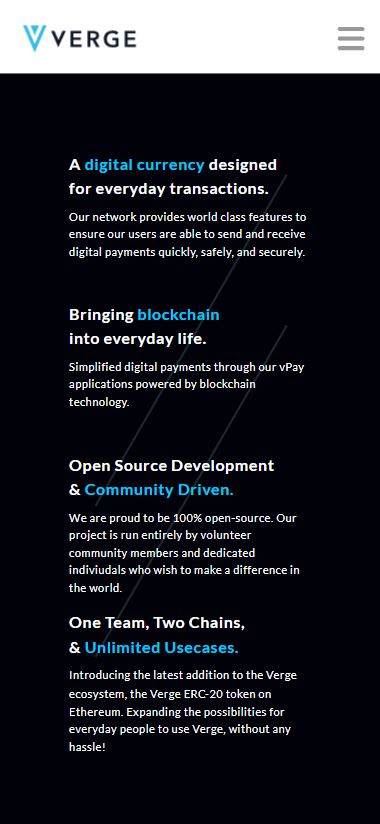
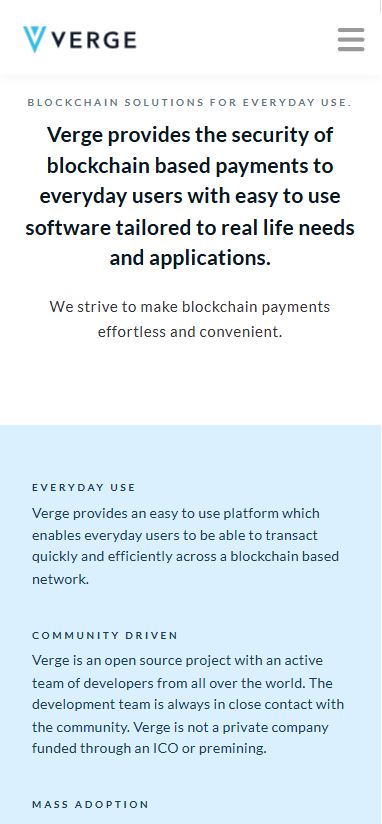
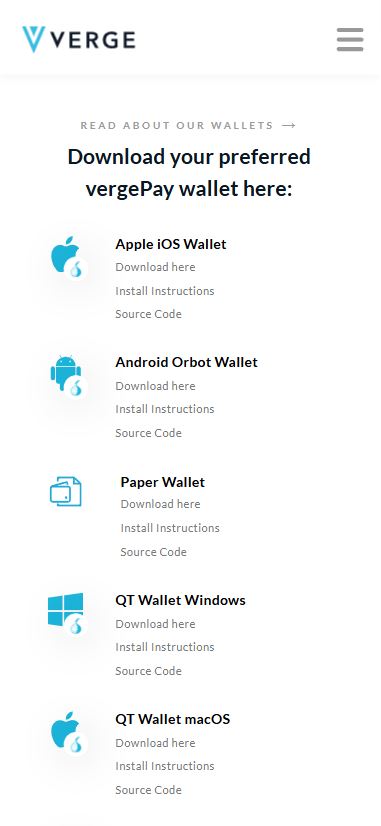
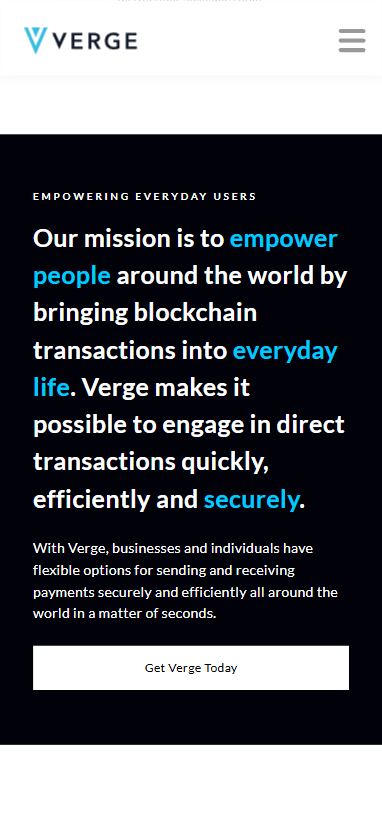
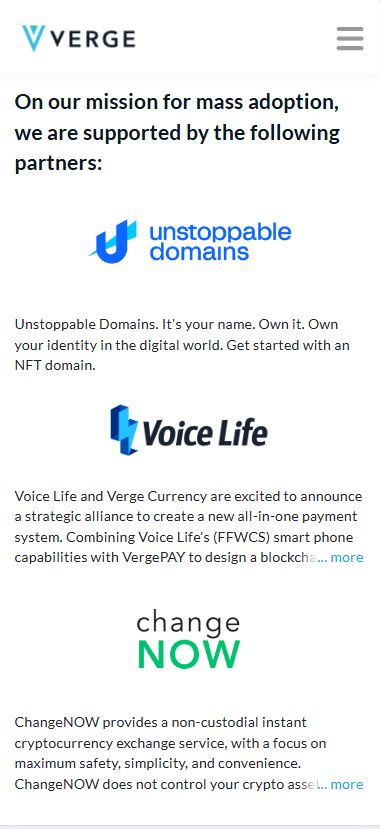


















Harran –
good apps